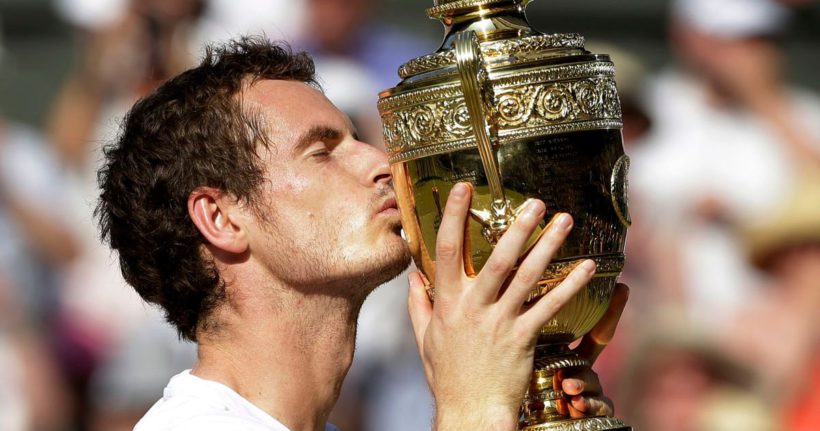Richard Denton, Sport Marketing professor of the Master in Sport Management, analyzes major events to see if the fans and the competition managers share the same interests
Leaving aside the information generated by the Olympic Games in Rio, the last 30 days produced 24/7 wall to wall content of sporting highs and lows from an eclectic mix of Euro 2016, Wimbledon, Tour de France, European Athletics Championships and the British Grand Prix. In the midst of the social media chatter and outpouring of emotion it would have been easy to miss other announcements. On 30th June, Mark Turner, CEO of the Volvo Ocean Race announced the 2017-18 route. He stated “More action, more speed, more tough miles and more host venues, but a shorter race” amongst a number of changes to the route and race. This got me thinking…
The day after Euro 2016 finished UEFA proudly announced a 34% increase in revenue to €1.93 billion compared to Euro 2012. An additional 20 matches and eight teams contributed to these impressive figures, earning UEFA a profit of €830 million with €600 million going to UEFA’s 55 member associations.

Éder scored the winning goal for Portugal in the final of Euro 2016. Photo: UEFA.com
There was a total of 4,740 minutes or 79 hours of football played across 51 matches. Five matches went into extra time and three penalty shoot-outs. This delivered a miserable average of one goal every 44 minutes or 2.12 goals per match. It was a long hard slog and despite my appetite for live sport, I rarely completed a full match – not even the final. Boring. Perhaps UEFA should introduce penalties for matches that are ‘0-0’ at half-time or reduce the number of players on the pitch in the second half…
Wimbledon is another iconic sporting event that is challenged by the weather, despite the addition of a retractable roof to Center Court. All the ‘Slams’ for the men’s singles are played over five sets which sometimes results in matches lasting three or four hours. Especially when there is no tie-break in the fifth set. The net result is players becoming exhausted and often losing their next match due to lack of recovery time and viewers lose interest.
One has to question whether the exertions of Raonic beating Federer in the semi-final in a tense five sets had a negative effect on his final performance against Murray, who won in three sets. It was a good match but not the classic we were hoping for. Maybe it is time for tennis to change the format and reduce on-court time to improve the quality and longevity of the top players? How about one serve only or tie-breakers in all sets at 6-6?

Andy Murray kisses the 2016 Wimbledon champion cup. Photo: Mirror.co.uk
My visit to the European Athletics Championships was an enjoyable experience despite sitting on cramped chairs in the 1928 Olympic Stadium. There were 17 different events spread over four hours to keep the crowd entertained with live images beamed into the stadium from events on Museumplein as well.
A welcome change to the program was the medal ceremonies. Instead of interrupting events in the stadium the medal ceremonies were staged in the fan village at the end of the program. This resulted in fans, families and athletes gathering to share a triumphant moment together and rounded-off a thoroughly enjoyable evening. I suspect the medal ceremony format was ‘borrowed’ from the Holland Heineken House which has for many years treated this tradition as a separate fan experience with great success.

Ekaterini Stefanidi, gold in pole vault. Photo: amsterdam2016.org
No doubt all three events will be a commercial success. But how many are really adapting the event format to deliver a fan experience that satisfies the majority and not just the die-hard fans that watch anything and everything? Perhaps it would be a good idea to examine the plans for the Volvo Ocean Race 2017-18 in more detail. More action, more speed and shorter events please!
Related study programs
Johan Cruyff Institute uses a rich learning environment that fosters educational tools based on a
student interaction model. We aim for a mix of students from sports and business sectors, which also enables students to share their unique experiences and learn from each other. Students will engage actively in creative challenges that require effort, commitment and intuitive thinking. Visit these web pages to find out more about our programs:
- Master in Sport Management (Start: September 7, Amsterdam, in English)
- Module Sport Facility / Event Management (Start: January 2017, Amsterdam, in Dutch)

